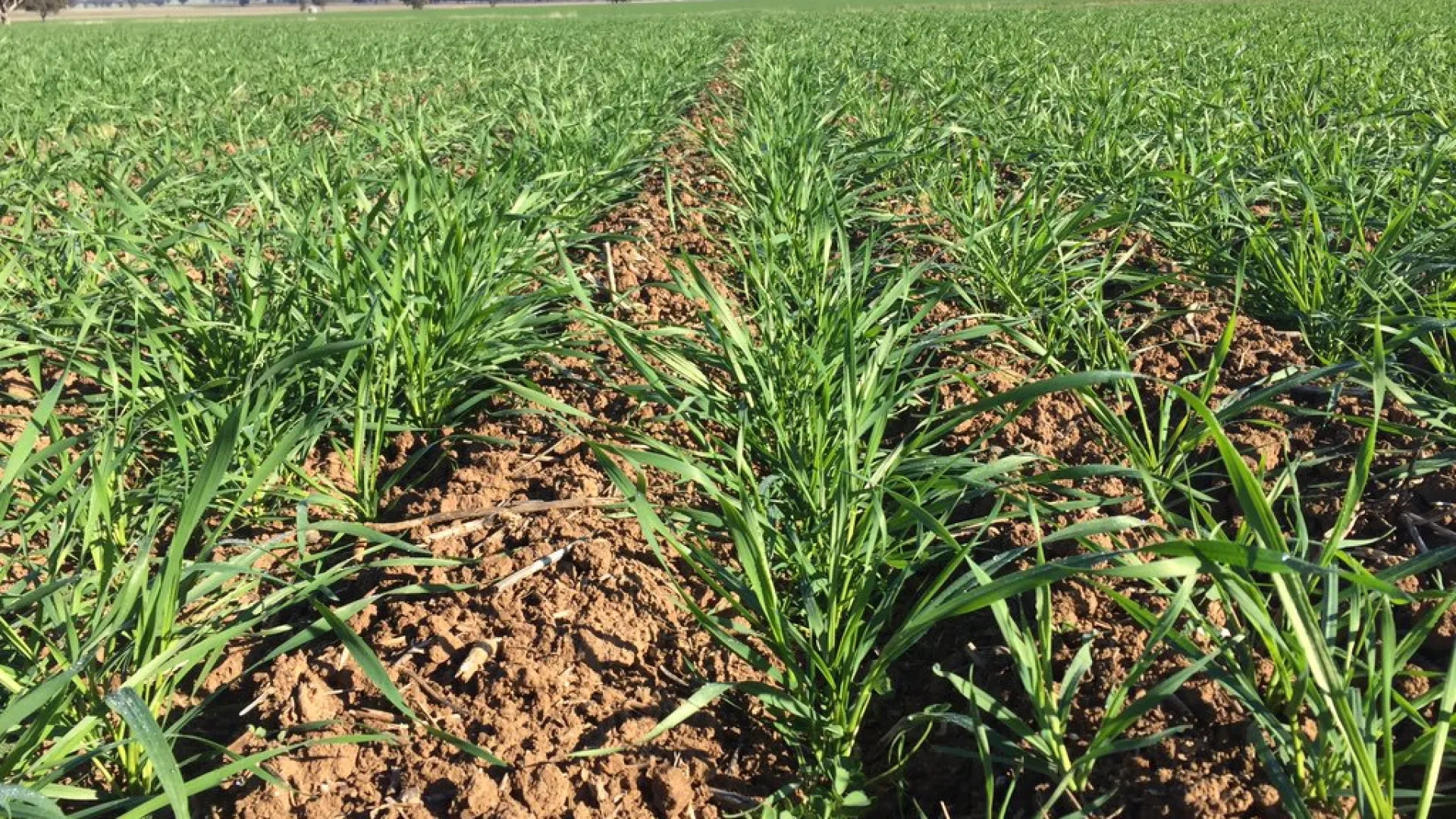General theme of the course
The attractiveness of the Montpellier Research Campus in the field of plant science is mainly due to the excellence of the scientific research and higher education network of Agropolis. However, this community is not well known by students. Also, some of the research units do not know the potential of the students coming to Montpellier SupAgro as future trainees or staff. This course aims at filling this gap by introducing the students to the richness of the Montpellier scientific network in plant sciences, ecology and crop protection.
Students will participate to a scientific project conducted within an Agropolis research unit and supervised by our research partners. They thus will learn the different steps of the scientific approach: to carry out a state-of- the-art, to formulate scientific hypotheses, to implement an experimental process and to discuss the results. This will contribute to develop scientific rigor, scientific communication, ability to work in a team, and more generally the adaptation to a professional environment.
- Reference of the course: Plant Science UE2 - Level: 400
- Admission
- Europe - 3d year of Bachelor’s degree/ 1st year of Master’s degree
- USA - Bachelor Junior students/ Bachelor senior students/ MSc students - Teaching language: English (min B1 level)
- Organization and credits: The course is a full time 4-week-long course. Successful completion of this course brings 7 ECTS credits
- Requirements: Basic knowledge in biology of organisms, plant protection, genetics and breeding.
- Grades: based on (i) evaluation of individual participation to classes and to the different exercises; (ii) evaluation of a written report (10 pages max) and (iii) final oral examination (15 minutes)
-
Course content
The course will be based on project-based learning as well as practical exercises. The students will work in small groups. Students will also attend scientific seminars and develop self-learning.
- First week: Presentation of the scientific environment and analysis of the state-of-the-art relative to the research project (bibliography)
- Second week: Establishment of the methodology and start of the experiments
- Third week: Development of the experiments and collection of results
- Fourth week: Analysis of the results and presentation of the work
The week-to-week progress of the work will depend on the subject the student will work on.
Students are required to:
- attend all classes, discussion and practical exercises,
- report on their work on a weekly basis,
- make a final oral presentation of their work. The course requires a full time investment in the projects.
Disciplinary Content
Nb of hours
Experimental Sciences (biology / biotechnology / plant breeding / plant protection / ecology depending on groups)
30 (+60h personal work)
Scientific communication
5
English
5
-
Books and other reading materials
No books have been ordered for this course. All required readings are available as downloads from the Montpellier SupAgro teaching platform. There is no formal reading packet for this course.
-
Final note
We reserve the right to make modifications [additions, deletions, etc.] to the syllabus, assignments, requirements and expectations for this course; any such modifications will be clearly communicated and communicated in a timely way.
Keywords: scientific approach, communication, team-work, experimentation, research, plant biology, plant breeding, crop protection, ecology
Contacts
-
-
-

Véronique MARIE-JEANNE
Lecturer
- Department of Biology and Ecology
- UMR Plant Health Institute Montpellier (PHIM)
- L'Institut Agro Montpellier - La Gaillarde Campus
- Centre de Biologie pour la Gestion des Populations—CBGP (Montferrier-sur-Lez)
Email : veronique.marie-jeanne@supagro.fr
Phone : +33 (0)4 99 61 26 47
Phone : +33 (0)4 99 61 26 47
2nd phone : +33 (0)4 99 62 48 49
2nd phone : +33 (0)4 99 62 48 49
Related websites
L'Institut Agro Montpellier
2 place Pierre Viala
34060 Montpellier - France
Tél. : +33 (0)4 99 61 22 00 Tél. : +33 (0)4 99 61 22 00
Fax : +33 (0)4 99 61 29 00
contact@supagro.fr















